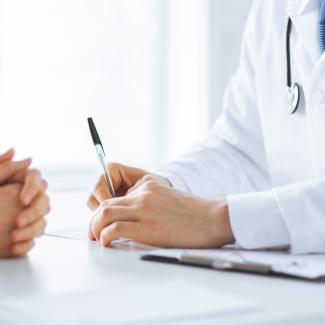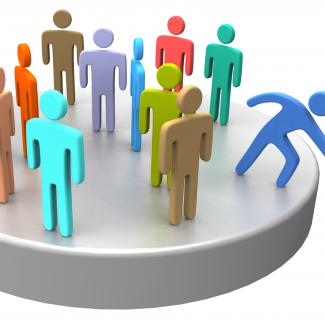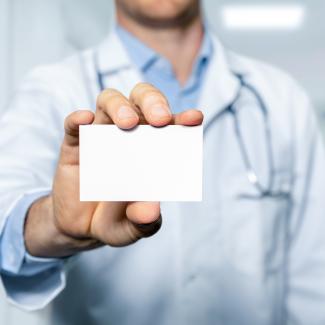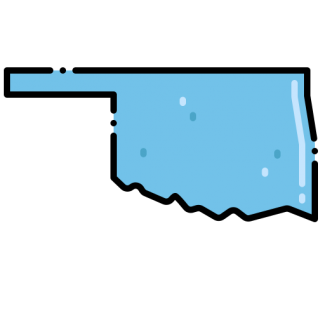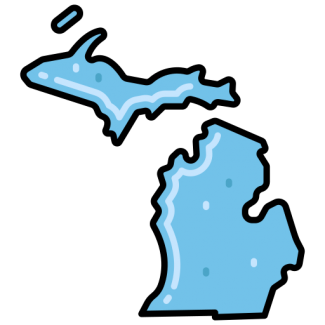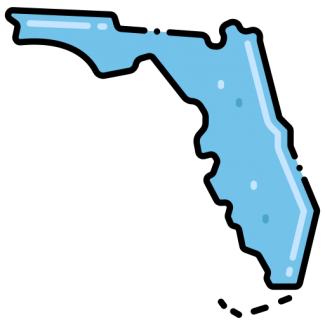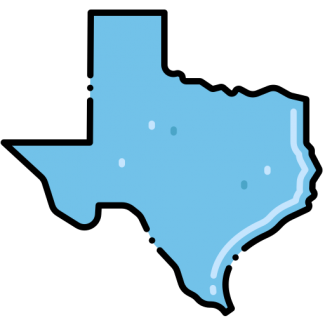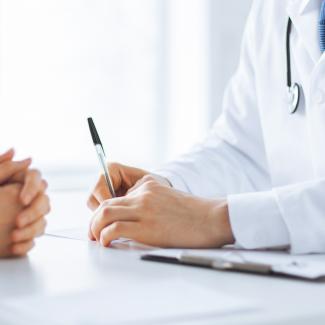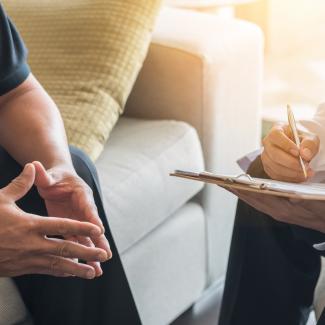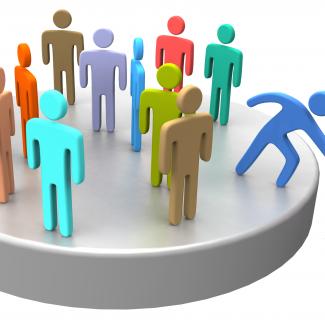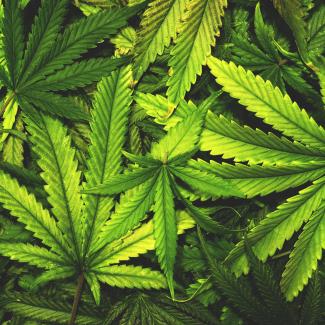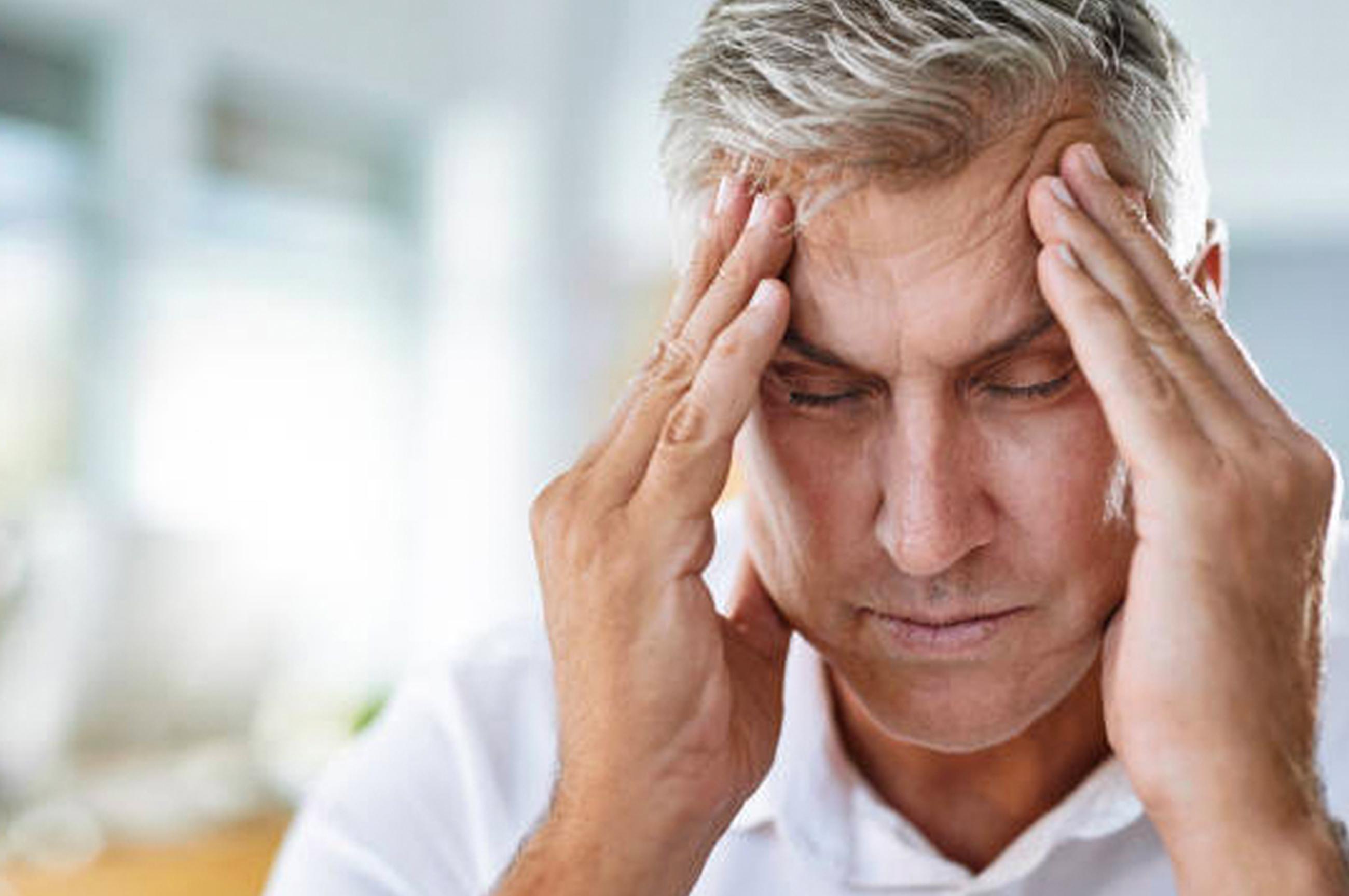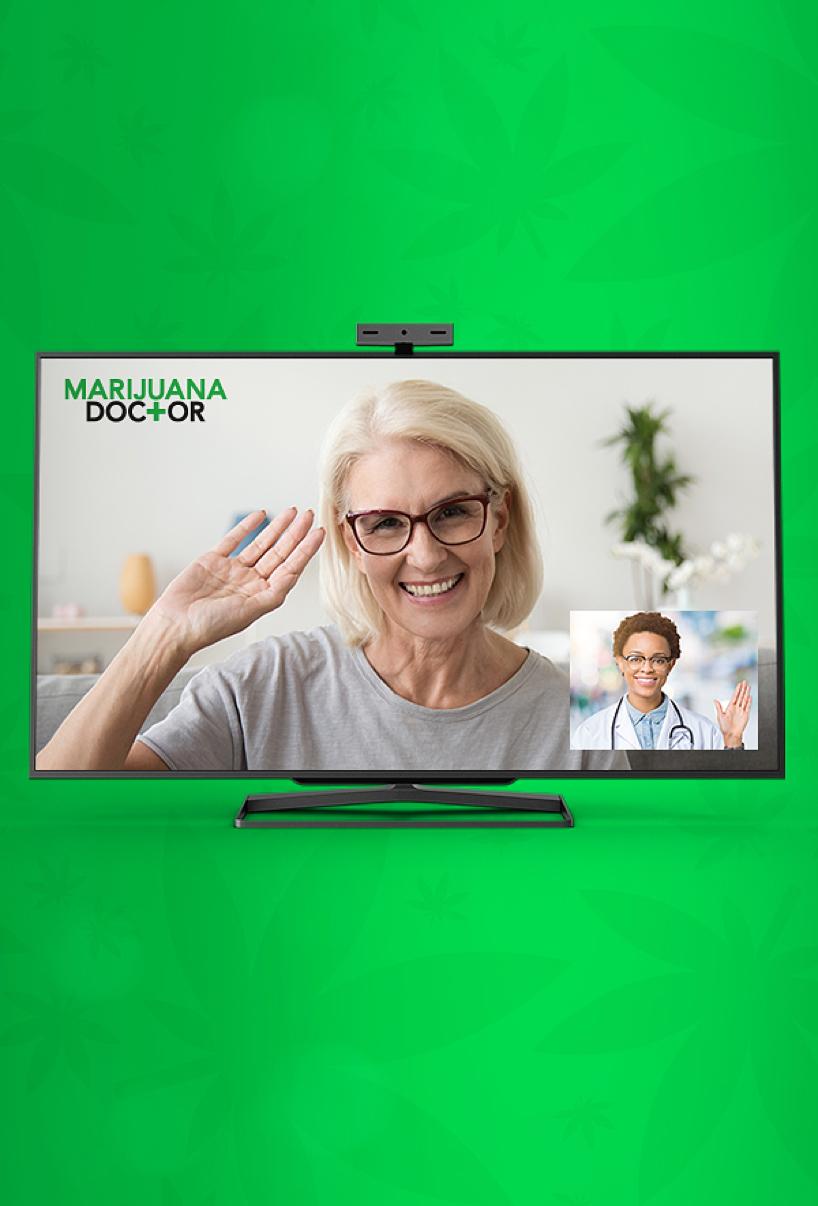Many Floridians who are suffering from migraine headaches are finding relief via medical marijuana. Marijuana Doctor has helped numerous patients suffering from migraines to obtain a Florida medical marijuana card.
Traditional prescription medications used to treat migraines — called triptans — can come with unwanted side effects including dizziness, nausea, and vomiting. Furthermore, frequent use of these drugs can cause dependency. Over-the-counter painkillers are often ineffective for treating migraines and can come with their own side effects.
Can medical marijuana provide migraine sufferers with a safer, non-addictive alternative to prescription drugs? And does medical marijuana actually help reduce the severity and frequency of migraines?
Studies on medical marijuana for treating migraines
Migraine sufferers have been treating their condition with medical marijuana for thousands of years. However, only in recent decades have cannabis researchers begun to understand how marijuana reduces pain and nausea and other symptoms, such as dizziness and blurred vision, which are sometimes associated with migraines.
Although there is ample anecdotal evidence — that is, reports from people who claim marijuana reduces their headaches and nausea — little by little, the scientific evidence is beginning to mount as well.
In 2001, Dr. Ethan Russo examined modern-day research as well as historical records mentioning the use of marijuana to treat migraines going back thousands of years. Dr. Russo concluded: “Based on the above review, it is convincingly the case that ‘medical marijuana’ deserves formal scientific scrutiny for migraine treatment.” That was just the beginning…
A decade and a half later, the National Academies of Sciences, Engineering, and Medicine reported that there was “conclusive or substantial evidence that cannabis or cannabinoids are effective for the treatment of chronic pain in adults.”
There have been several studies and surveys into the safety and efficacy of medical marijuana in the treatment of migraines over the past two decades. Here are just a few:
-
A study done in 2016 by the University of Colorado followed subjects who were using cannabis to treat their migraines. Of the 121 patients taking part in the study, more than 85% claimed that medical marijuana reduced the number of migraines from 10.4 per month to an average of 4.6 incidents per month.
-
In a 2019 study by the American Academy of Neurology, published in the journal Neurology, nearly 90% of the 316 patients who received a 20:1 blend of THC and CBD reported some relief from their headaches and more than 40% reported a reduction in the number of monthly migraines. Moreover, many of the subjects reported improved sleep, reduced anxiety, and an overall better mood.
-
Also in 2019, a study published in the Journal of Pain claimed that medical cannabis users reported a 50% reduction in migraine and headache severity by 50%.
-
In a July 2020 study, published in the Journal of Integrative Medicine, it was reported that 94% of migraine sufferers who smoked marijuana experienced relief within two hours.
-
In a Sept. 2020 survey of nearly 10,000 migraine sufferers in the U.S. and Canada patients who used a migraine tracking app called Migraine Buddy showed that 82% of participants found relief from medical marijuana. The study was outlined by Pain News Network.
Which medical marijuana strains and delivery methods are best for treating migraines?
Medical marijuana is unlike prescription drugs in that it affects each patient differently. Since migraines seem to have a variety of causes and triggers, some experimentation might be needed to find the ideal strain, formulation, or delivery method.
Various delivery methods offer varied onset time and bioavailability. Some work faster than others or the effects last longer.
Here’s a quick rundown on delivery methods:
-
The effects of smoking and vaping medical marijuana begin within 3 to 5 minutes and peak at between 15 and 45 minutes. The effects generally last 1 to 4 hours. Both of these methods offer high bioavailability. However, these methods are not recommended for all patients as they can have adverse effects on the lungs and increase blood pressure. Furthermore, it’s difficult — but not impossible — to determine precise dosage when smoking and vaping.
-
Tinctures applied sublingually (under the tongue) offer a short onset time. Effects usually begin at about 10 or 15 minutes, peak in 1 to 3 hours, and can last up to 6 hours. Tinctures offer a lower bioavailability than inhaling as some of the cannabinoids are absorbed into fatty tissues. However, dosing is done with a dropper bottle and is usually quite accurate.
-
Capsules will melt quickly in the stomach but can take anywhere from 30 minutes up to an hour to take effect, 2 to 4 hours to reach their full effects, and can last anywhere from 4 to 12 hours depending on the product. Bioavailability is lower, however, dosing is exact.
-
Edibles (such as candy or brownies) can take 30 minutes to an hour to take effect, reach their peak within 2 to 4 hours, and can last anywhere from 4 to 6 hours. Bioavailability is lower, but dosing is exact.
There are also additional delivery methods to choose from such as patches, suppositories, and topicals.
What about medical marijuana strains and formulations? Each strain has its own set of active compounds including various ratios of THC to CBD (and sometimes other cannabinoids) and a wide variety of terpenes.
Additionally, oils, capsules, and edibles can be produced using a wide array of formulas from strain-specific, full-spectrum cannabis extracts to purified CBD and THC isolates.
It’s important to discuss these options with a qualified medical marijuana doctor or experts at a local medical marijuana dispensary.
How to get a Florida medical marijuana card for migraines
Marijuana Doctor, Florida’s leading provider of medical marijuana card recommendations, has helped over 30,000 patients obtain a Florida medical marijuana card. We provide our patients with compassionate, affordable, and convenient care.
Our board-certified physicians will evaluate a migraine patient to determine if the patient qualifies for a Florida medical marijuana card. And our helpful staff of Patient Care Specialists will also assist the patient in registering with the Florida Department of Health and locating nearby medical treatment centers (MMTC).
Migraine patients can schedule an appointment for a risk-free evaluation online or by calling us toll-free at (844) 442-0362.
